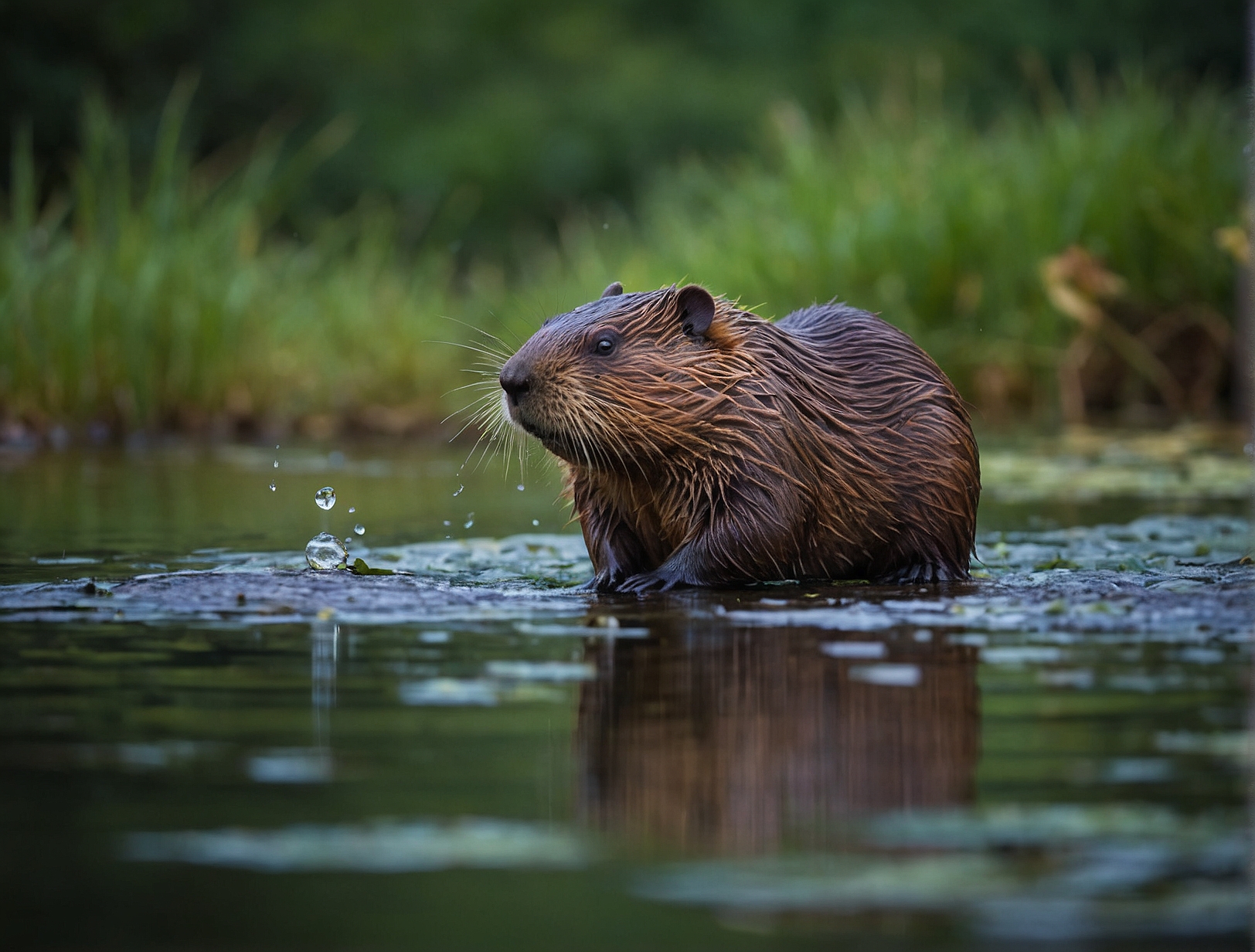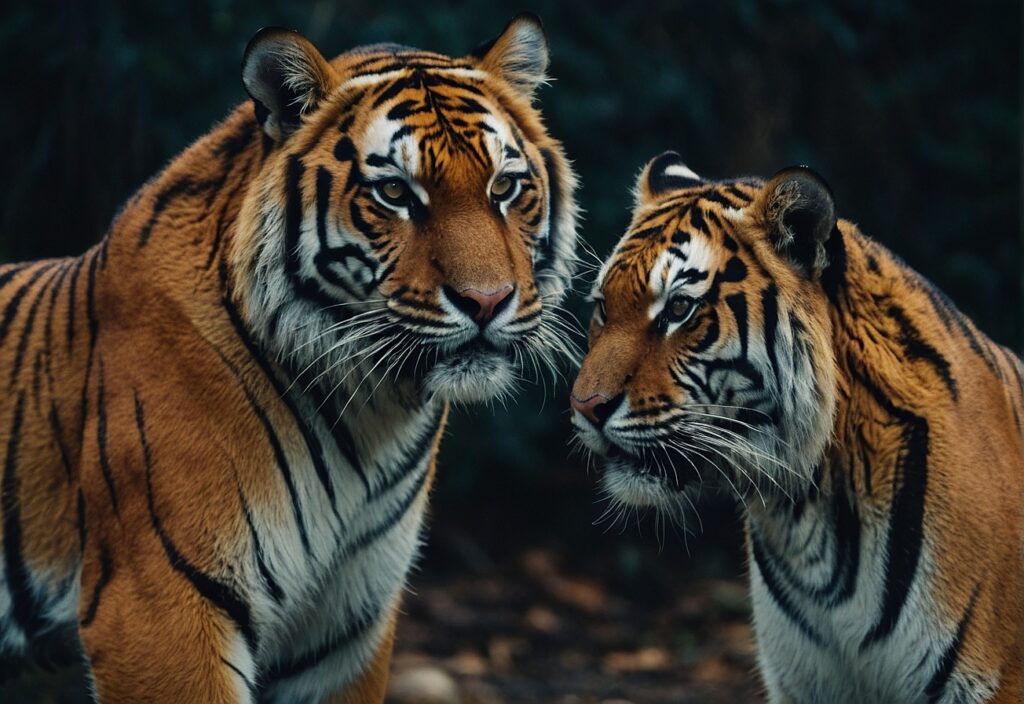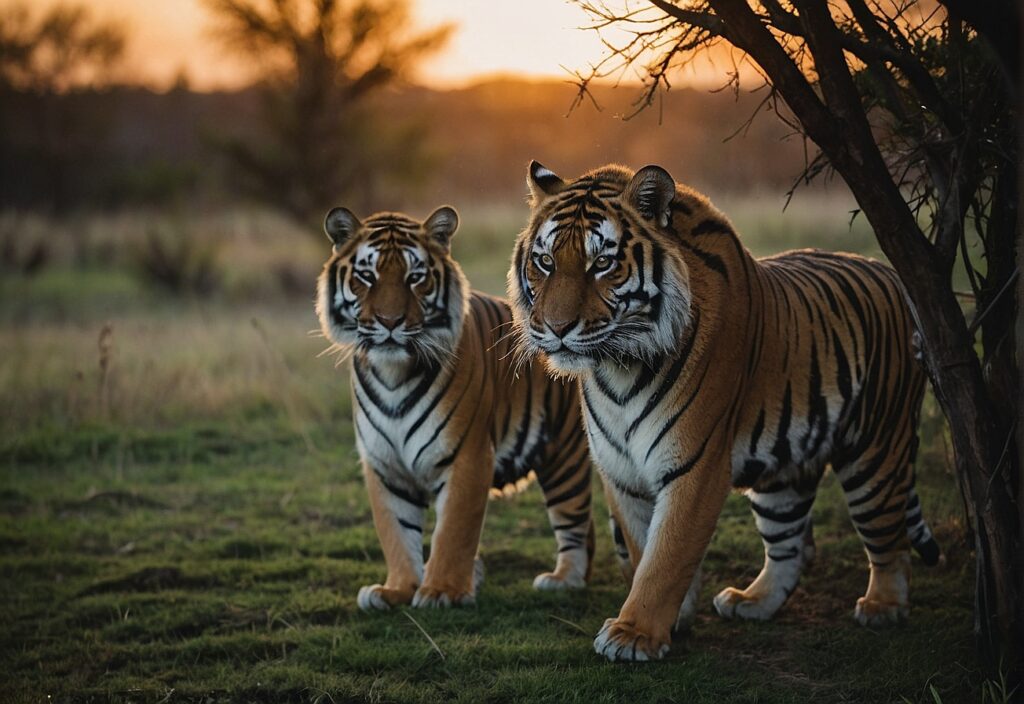Perplexed by the notion of having a pet beaver? You’re not alone. While the idea of owning a beaver may seem appealing to some, there are a myriad of legal and ethical considerations to take into account. In certain states and countries, it is illegal to keep a beaver as a pet without the proper permits and licenses. Additionally, beavers are complex creatures with specific habitat and dietary needs that are difficult to meet in a domestic setting. This blog post will delve into the legality and practicality of having a pet beaver, providing insights from experts in the field and shedding light on the risks and responsibilities that come with owning one. Whether you’re considering the idea or simply curious, read on to discover the truth about pet beavers.
Key Takeaways:
- Possession of wildlife: In many regions, it is illegal to keep a beaver as a pet because they are considered wildlife and not domestic animals.
- Permits and licenses: In some cases, obtaining special permits and licenses may allow for the legal ownership of a beaver, but these requirements vary by location and can be difficult to obtain.
- Conservation concerns: Beavers are important for ecosystem health and conservation efforts, and keeping them as pets can impact their natural behaviors and survival in the wild. It’s important to consider the ethical and ecological implications of keeping a beaver as a pet.
Legal Considerations
Clearly, owning a pet beaver raises various legal considerations at both the federal and state levels. It is important to be well-informed about the laws and regulations before deciding to keep a beaver as a pet.
Federal Laws and Regulations
Laws regarding the ownership of exotic animals, including beavers, are regulated by the Wildlife Conservation Act and enforced by the United States Fish and Wildlife Service. Under this act, certain species of wildlife are protected and restricted, and individual ownership of beavers may be prohibited in order to protect their natural habitats and populations. Violating these regulations can result in severe legal consequences, including fines and imprisonment.
State-Specific Legislation
Legal considerations regarding pet beavers may also vary at the state level, as individual states have their own laws and regulations regarding exotic pet ownership. State-specific legislation regarding the ownership of beavers as pets may include permits, licensing requirements, and restrictions on keeping them in a domestic setting. It is crucial to thoroughly research and understand the local laws in your state before acquiring a pet beaver.
Any individual considering owning a pet beaver must be aware of the state-specific legislation and obtain any necessary permits or approvals to ensure compliance with the law. Failure to do so could result in legal consequences and the removal of the beaver from your possession.
Ethical Concerns and Animal Welfare
The ethical concerns surrounding the ownership of beavers as pets are significant, particularly when it comes to animal welfare. While it may be legal to own a beaver in some regions, it is crucial to consider the well-being of these wild animals when contemplating their suitability as pets.
The Natural Habitat of Beavers
Welfare considerations for beavers revolve around their natural habitat. Beavers are semiaquatic mammals that thrive in freshwater ecosystems, such as rivers, streams, and wetlands. They are adept builders, creating dams and lodges to create suitable living conditions for themselves. Ultimately, the question of animal welfare arises: can the needs and instincts of beavers be adequately met in a domestic setting?
Implications of Domesticating Wild Animals
Wild animals like beavers have unique implications when it comes to domestication. Their instinctual behaviors, dietary requirements, and natural habitat considerations pose significant challenges for those seeking to keep them as pets. In addition, the potential dangers associated with housing a wild animal in a domestic environment cannot be overlooked.
Plus, the positive aspects of allowing beavers to remain in their natural habitat, contributing to their ecosystem, should not be underestimated. Their presence in the wild serves an important ecological role, which can be disrupted if they are removed to be kept as pets.
Caring for a Pet Beaver
Not everyone is prepared to take on the responsibility of caring for a pet beaver. It requires a deep understanding of their environmental needs, dietary requirements, and veterinary care.
Environmental Needs
Environmental enrichment is vital for the well-being of pet beavers, as they are semi-aquatic animals and require access to water for swimming and foraging. It is essential to provide them with a large outdoor enclosure that includes a pond or pool, plenty of trees for gnawing, and a variety of substrates for digging and burrowing. Additionally, beavers are social animals, so it is important to have at least one companion for them to interact with.
Dietary Requirements
One of the most important aspects of caring for a pet beaver is ensuring they have a proper diet. Their diet in the wild primarily consists of tree bark, aquatic plants, and grasses. For instance, they should be provided with a variety of fresh vegetables, leafy greens, and specially formulated rodent chow, along with occasional treats like sweet potatoes and apples. It is crucial to monitor their calcium intake and provide supplemental nutrition if needed.
For instance, beavers have continuously growing incisors that require constant chewing to prevent overgrowth. Therefore, offering suitable chew toys and sticks is essential to maintain their dental health.
Veterinary Care
Dietary and dental care are paramount aspects of maintaining a beaver’s health. Regular veterinary check-ups are essential to monitor their overall well-being and address any potential health issues proactively. Additionally, finding a veterinarian with experience in exotic and wildlife species is crucial for providing the best possible care for a pet beaver.
Requirements for veterinary care may include annual physical examinations, dental checks, and potential vaccinations, depending on the beaver’s risk of exposure to certain diseases. Any changes in behavior, appetite, or physical appearance should be promptly addressed by a qualified veterinarian.
Alternatives to Keeping a Beaver as a Pet
Now that we’ve established the legal complexities and ethical considerations surrounding keeping a beaver as a pet, it’s important to explore alternative ways to appreciate and support these fascinating creatures.
Wildlife Sanctuaries and Rehabilitation Centers
One of the most responsible and ethical alternatives to keeping a beaver as a pet is to support wildlife sanctuaries and rehabilitation centers. These facilities provide essential care for orphaned or injured beavers, often with the goal of releasing them back into their natural habitat. By visiting and donating to these organizations, you can help ensure that beavers receive the specialized care they need while also promoting their conservation in the wild.
Another benefit of supporting wildlife sanctuaries and rehabilitation centers is the opportunity to learn more about beavers and their critical role in the environment. Education and awareness are key components of conservation efforts, and these facilities often offer educational programs and guided tours that can help foster a deeper understanding and appreciation for these iconic aquatic mammals.
Supporting Beaver Conservation Initiatives
One effective way to make a meaningful impact on beaver conservation is to support initiatives that focus on habitat protection, restoration, and research. By donating to or volunteering with organizations dedicated to beaver conservation, you can contribute to the safeguarding of crucial wetland habitats, the implementation of sustainable management practices, and the advancement of scientific knowledge about beavers.
With their role as ecosystem engineers and keystone species, beavers play a vital role in shaping landscapes and supporting biodiversity. By supporting conservation initiatives, you can help ensure that these remarkable animals continue to thrive in their natural habitats for generations to come.
Conclusion
Drawing together all the facts and legal considerations, it is clear that owning a pet beaver is not legal in most places. Beavers are a protected species in many regions and are also considered wildlife rather than domesticated pets. It is important to respect the laws and regulations in place to protect these animals and their natural habitats. Instead of trying to keep a beaver as a pet, individuals can support conservation efforts and enjoy observing these fascinating creatures in the wild.
FAQ
Q: Is it legal to have a pet beaver?
A: In most places, it is illegal to have a pet beaver. Beavers are wild animals and typically require special permits and licenses to own. It is important to check with local wildlife authorities before considering a beaver as a pet.
Q: What are the legal implications of having a pet beaver?
A: Keeping a pet beaver without the proper permits or licenses can result in legal consequences, including fines and possible confiscation of the animal. It is important to research and adhere to the specific laws and regulations regarding wildlife ownership in your area.
Q: Are there any exceptions to owning a pet beaver?
A: Some individuals, such as wildlife rehabilitators or educational institutions, may be granted special permits to care for beavers for conservation or educational purposes. However, these exceptions are rare and usually require extensive knowledge and experience in handling and caring for wildlife.
















